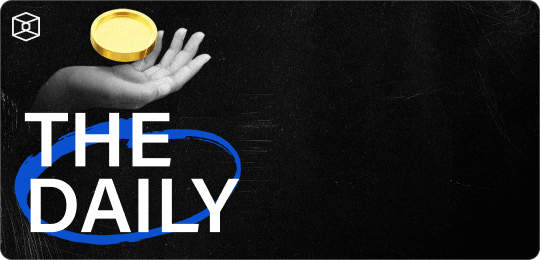South Korean exchanges plan to reevaluate 1,300 tokens with updated standards

Quick Take
- South Korean crypto exchanges and industry’s main trade association announced new self-regulatory standards that will be implemented on July 19.
- The representative body plans to reevaluate over 1,300 cryptocurrencies on domestic platforms.

South Korea’s 20 crypto exchanges and their representative body jointly established a new code of conduct for local cryptocurrency firms on Tuesday. This will entail a reevaluation of over 1,300 cryptocurrencies already being traded on domestic platforms.
The newly published self-regulatory standards for industry players are set to be implemented on July 19, the same day South Korea’s inaugural regulatory framework on crypto investor protection comes into force, industry body Digital Asset Exchange Association (DAXA) said in the press release.
“If in the future a new cryptocurrency is to be listed, the exchange will need to examine the token on both formal and qualitative requirements,” the release said, explaining the rules the industry alliance will impose on its member companies.
The formal requirements, which set standards on issuers’ credibility, investor protection measures, security and compliance, are non-negotiable — meaning that a token that does not qualify for any one of the criteria cannot be listed for trading. “Qualitative requirements consider and examine the project comprehensively across various factors,” the rulebook added. The review is scheduled to be conducted every quarter.
The new standards also mandate local exchanges to establish an independent decision-making body for token listings and have every major listing and delisting decisions executed by the latest set of rules. The decision-making process of token listings need to be documented and saved for 15 years for increased fairness and transparency, the release said.
Reevaluating existing tokens
Existing crypto tokens that are already being traded on local exchanges will also be re-examined, but within a six month grace period, the publication noted. As of the end of 2023, there were 1,333 crypto tokens being traded in South Korea.
Nonetheless, DAXA noted that it is unlikely that such examinations will lead to mass delistings of altcoins, as major crypto exchanges in South Korea have already been abiding by the rules.
South Korea hosts one of the largest cryptocurrency markets in the world, which is also known to be altcoin-heavy. In the first quarter of 2024, the South Korean won was the most-used fiat currency for trading crypto, Kaiko data showed. Upbit, the country’s largest exchange, processed over $30 billion worth of crypto transactions in June, according to data from The Block.
The country’s inaugural crypto law — the Virtual Asset User Protection Act — aims to eradicate illicit market acts, such as using undisclosed information for crypto investments, manipulating market prices and engaging in fraudulent transactions. It also requires crypto service providers to safeguard over 80% of deposits in cold storage to protect user funds and enroll in insurance programs for potential user compensation in the event of security breaches.
Disclaimer: The Block is an independent media outlet that delivers news, research, and data. As of November 2023, Foresight Ventures is a majority investor of The Block. Foresight Ventures invests in other companies in the crypto space. Crypto exchange Bitget is an anchor LP for Foresight Ventures. The Block continues to operate independently to deliver objective, impactful, and timely information about the crypto industry. Here are our current financial disclosures.
© 2023 The Block. All Rights Reserved. This article is provided for informational purposes only. It is not offered or intended to be used as legal, tax, investment, financial, or other advice.





